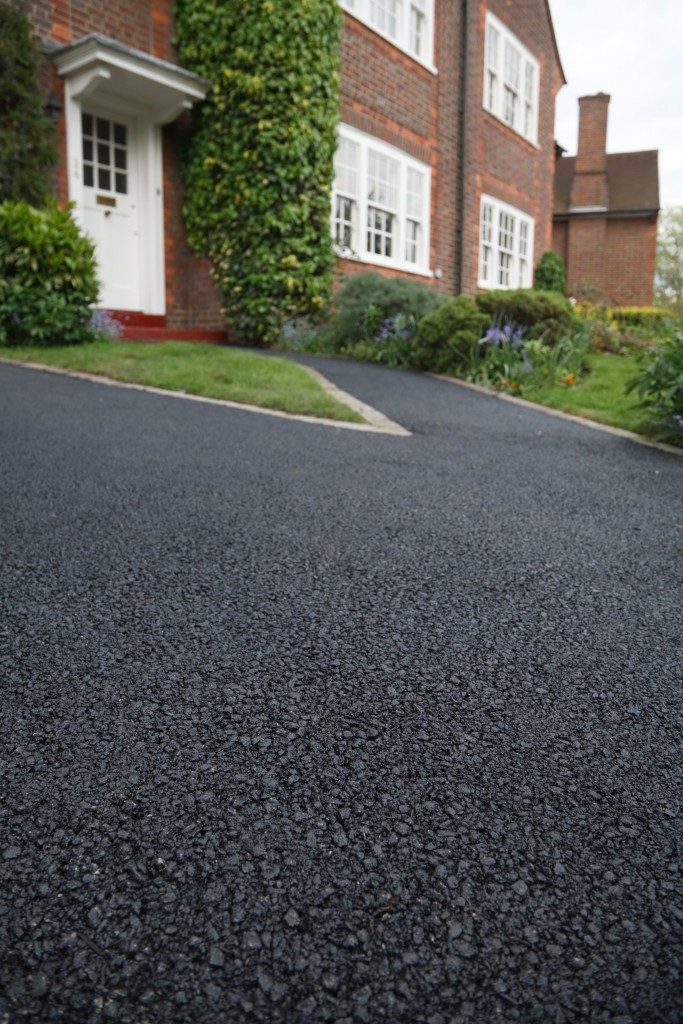If you’re constructing a new home or simply refurbishing parts of your house, you may want to look into repaving your driveway. Apart from making your property look cleaner, regular maintenance can also help you cut costs from more expensive repairs in the long run. You also want to address those cracks and holes to ensure a smoother drive on your property.
But what is the best material for your driveway? Here’s a rundown on the difference between the two to help you decide.
Cost
Between the two, asphalt driveways are relatively cheaper. They start $2 to $5 per square foot of the driveway. But if you’re getting a stamped or colored coat, the cost can rise to $8 or higher. Concrete, on the other hand, costs about $4 to as much as $10 per square foot. Adding a stain, a custom finish, and other decorative elements can balloon the cost up to $15 or more.
But asphalt prices depend on crude oil prices. And with oil prices fluctuating all the time, there may also be an unexpected increase in asphalt prices. Asphalt prices rise along with oil prices, but concrete prices do not inflate as much.
Compatibility with Weather and Climate
Homeowners who live in regions with extreme weather patterns should also consider how the climate can affect driveway materials. If you live in an uncomfortably hot area, like Phoenix, asphalt driveways may not be a good idea. Asphalt tends to soften in intense heat and solidify when the temperature drops, so it doesn’t maintain the same strength all year round. You can tell by the tire tracks imprinted on roads and driveways. This means that a heavy car passed on the road while the asphalt was soft.
Concrete performs better in hot climates because it doesn’t melt once it solidifies. But it can crack during freezing conditions due to frost heave. Road salts can also damage the finish of a concrete driveway. So if you’re in a city where the cold can get intense, like Grand Forks in North Dakota, an asphalt driveway is a better idea. But you can freely choose between concrete or asphalt paving in Sandy, Utah or Atlanta, Georgia since these places have generally average temperatures per season.
Aesthetics
Because concrete is easier to work with, you have more decorative options for concrete driveways. It can be stained or tinted with different colors and etched with unique patterns.
Asphalt is not as workable as concrete, so the options for customization are limited. The builder needs to roll and compress the asphalt to make the surface of the driveway even. This process makes it hard to incorporate any decorative elements into the driveway. Usually, asphalt driveways are just plain and black.
Maintenance

An asphalt driveway requires more tedious maintenance than a concrete one. You need to seal it six to 12 months after installation and reseal every three to five years. This process prevents the oils in the asphalt from oxidizing, which will preserve its color and durability over time.
Concrete driveways, on the contrary, don’t need to be sealed. Although it’s still a good idea because the sealers prevent stains and preserve the custom finishes.
Although asphalt driveways are harder to maintain, they are easier and cheaper to repair compared to concrete driveways. Cracks are less visible and easier to repair on asphalt because the material is soft. Weathering is more visible on concrete driveways and is harder to touch up. You can’t resurface concrete driveways, so you’ll have to replace the entire thing, which can get expensive.
There is no lesser option between concrete and asphalt; it all depends on your location, financial capability, and diligence when it comes to maintenance. So consider all these factors before you redo your driveway.

